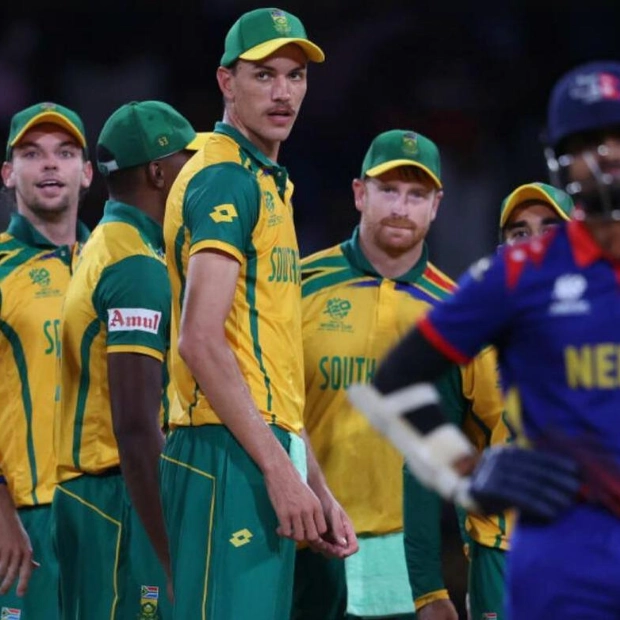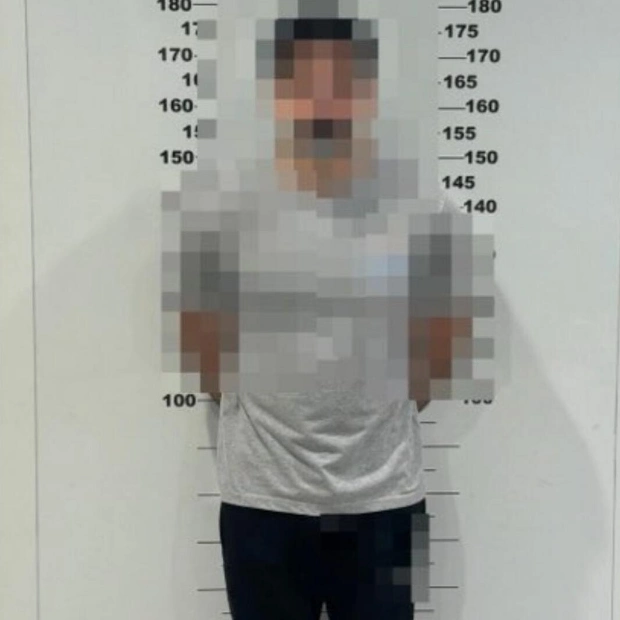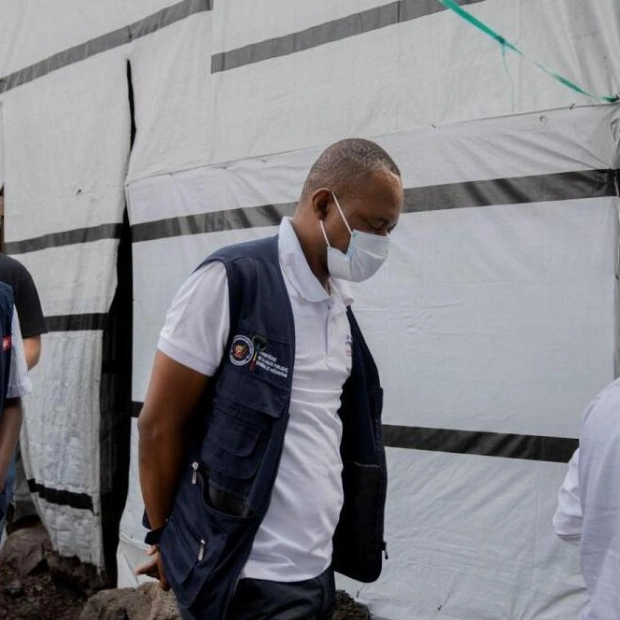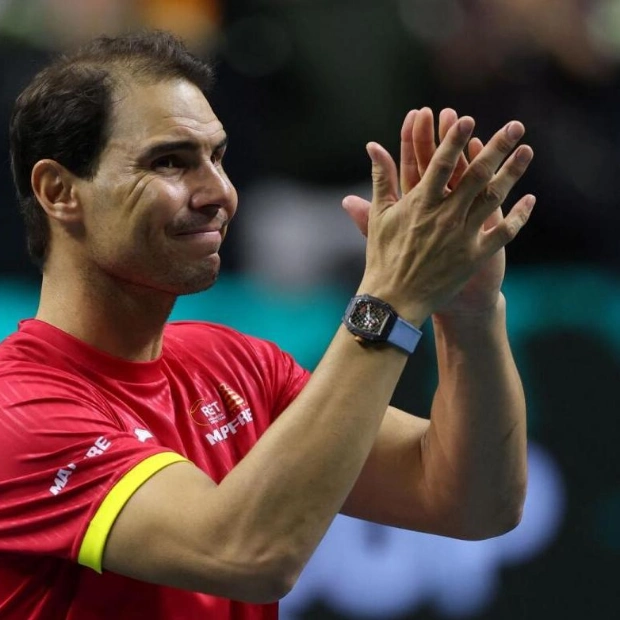Annually, numerous Indian students aiming to pursue a career in medicine participate in the intensely competitive National Eligibility cum Entrance Test (NEET). This exam serves as a gateway for admission into undergraduate medical and dental programs in both government and private institutions, assessing students' proficiency in Physics, Chemistry, and Biology. This year, a surprising 67 candidates shared the top All India Rank, as reported by the National Testing Agency (NTA), sparking widespread concern among students who took to online platforms and staged protests. The controversy arose from the unprecedented number of top scorers, with many achieving 718 and 719 marks, leading to allegations of 'massive irregularities' during the exams. The NTA attributed the high scores to a question with two correct answers due to an update in the NCERT textbook, which affected the marks of 44 candidates. Additionally, grace marks were awarded to students who faced time loss during the exam, following representations and court cases. The Indian Medical Association Junior Doctors Network called for a CBI inquiry, prompting the NTA to establish a committee to review the awarded grace marks. The NTA strongly denied any paper leak, emphasizing the transparency and integrity of the exam process. The Supreme Court has issued a notice to the NTA regarding the allegations, leading to the cancellation of scorecards for 1,563 candidates who received grace marks and the scheduling of a re-exam. Student unions across India have been actively protesting these irregularities, demanding a thorough investigation into the matter.
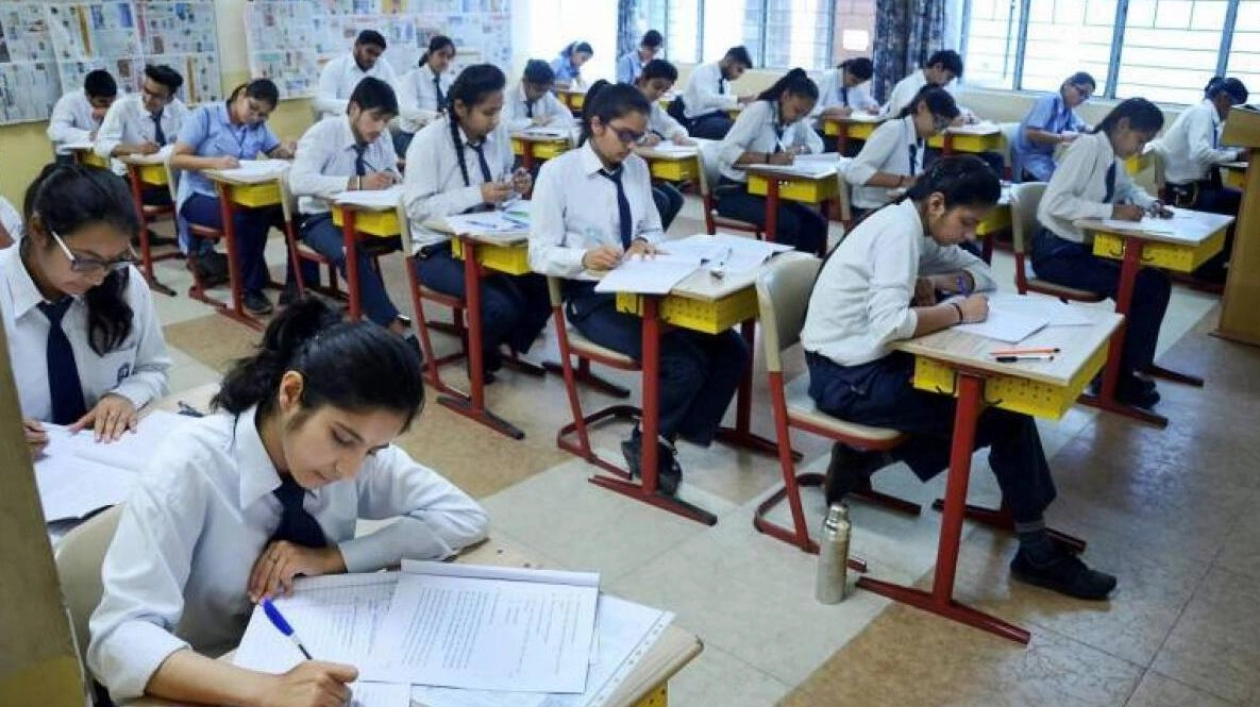
Text: Lara Palmer
20.06.2024
Allegations of Irregularities and High Scores Lead to Protests and Supreme Court Notice

